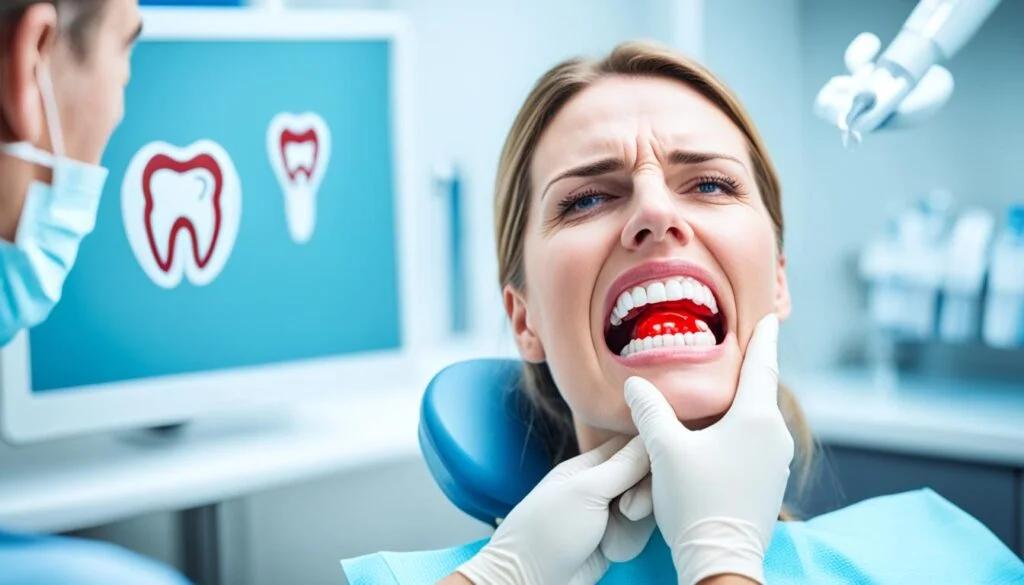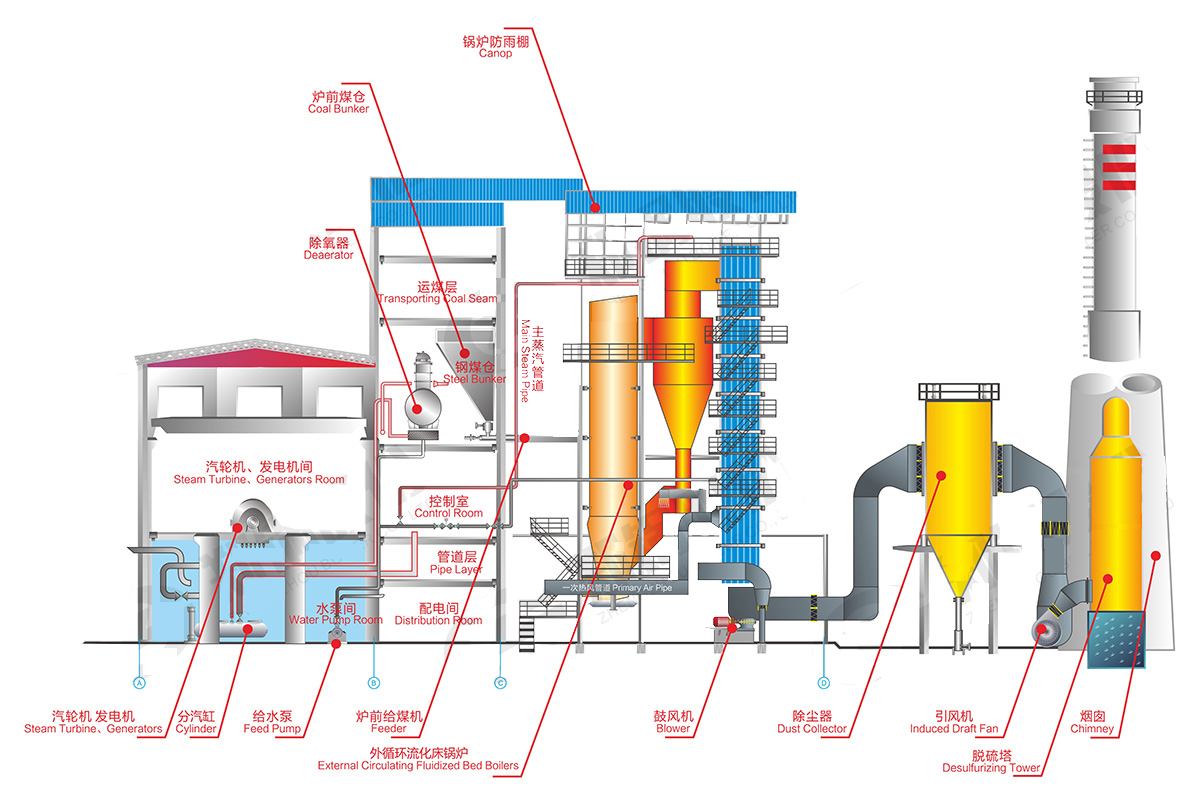
Dental emergencies are more common than many realize, and they often strike at the most inconvenient times. Whether it’s a severe toothache, a knocked-out tooth, or a broken crown, ignoring the problem or delaying treatment can result in further complications, intense pain, and increased costs. Understanding the importance of timely emergency dental treatment can help individuals take the right steps at the right time to preserve their oral health and overall well-being soins dentaires immédiats.
Understanding Emergency Dental Situations
A dental emergency refers to any situation involving the teeth and supporting tissues that requires immediate attention. These situations can include trauma to the mouth, infections, lost fillings or crowns, cracked or chipped teeth, and uncontrollable bleeding. Not every dental issue requires emergency intervention, but those that involve intense pain, bleeding, or risk of infection do demand swift action.
In many cases, patients may underestimate the severity of the problem. They might take painkillers and delay visiting a dentist, only to find that the issue has worsened significantly. This is where traitement d’urgence dentaire becomes critical. Acting fast can prevent long-term damage and eliminate the need for more extensive and expensive procedures later on.
The Role of Pain as an Indicator
Pain is usually the body’s way of signaling that something is wrong. In dentistry, pain can indicate a variety of issues such as infections, decay reaching the pulp, gum disease, or trauma. When pain is intense and persistent, it should never be ignored. A toothache that starts mildly can quickly escalate into a severe infection, potentially spreading to other areas of the body. Timely emergency dental treatment in such cases helps control the infection before it becomes life-threatening.
In addition to physical pain, untreated dental issues can also cause emotional and psychological stress. Discomfort during eating, speaking, or sleeping can negatively impact daily life, reducing the overall quality of life. This makes quick intervention not just a medical necessity, but also a practical one.
Avoiding the Risk of Infections
One of the most dangerous outcomes of delayed dental care is the risk of infection. Bacteria from untreated dental decay or a fractured tooth can enter the bloodstream, leading to systemic infections such as sepsis, which can be fatal if not treated immediately. Moreover, oral infections can lead to abscess formation—a painful condition that may require surgical drainage and antibiotic therapy.
An abscessed tooth can cause swelling in the face, fever, swollen lymph nodes, and difficulty swallowing or breathing. In extreme cases, this condition can spread to the brain or the heart. This highlights the necessity for traitement d’urgence dentaire to be administered as soon as symptoms appear. The earlier the intervention, the higher the chances of saving the affected tooth and avoiding complications.
Preventing Tooth Loss
A knocked-out or loosened tooth is a classic dental emergency that requires urgent attention. If treated within an hour, there’s a high chance the tooth can be successfully reimplanted. However, delaying treatment often results in permanent tooth loss, requiring expensive replacements such as implants or bridges.
Even in cases where a tooth is cracked or chipped, swift care is vital. If left untreated, the damage can extend deeper into the tooth’s structure, possibly requiring root canal therapy or extraction. Emergency dental treatment aims to stabilize the tooth, prevent further damage, and maintain the natural tooth structure whenever possible.
Financial Implications of Delay
Many people hesitate to seek emergency dental care due to concerns about cost. Ironically, delaying treatment often leads to more expensive procedures later. For example, what could have been resolved with a simple filling might turn into a root canal or extraction if left unaddressed. Additionally, emergency room visits for dental pain are often more expensive and less effective than seeing a dentist directly.
In many countries, including regions where traitement d’urgence dentaire is readily available, dental clinics offer payment plans or emergency financial assistance. The short-term expense of immediate care is far more manageable compared to the long-term cost of complicated procedures and ongoing treatment.
Maintaining Oral Function and Aesthetics
Emergency dental issues not only impact health but also affect a person’s appearance and ability to perform basic functions like eating and speaking. For instance, missing or damaged front teeth can lead to self-consciousness and social discomfort. Broken crowns or fillings may impair chewing and affect nutritional intake.
Timely treatment helps restore both function and aesthetics. Dental professionals can offer quick cosmetic solutions to stabilize appearance while planning more permanent treatments. Prompt care ensures that patients can continue their normal routines with minimal disruption.
Protecting Children and Vulnerable Individuals
Children and elderly individuals are particularly vulnerable during dental emergencies. Kids often suffer from falls or sports injuries that impact their teeth, and seniors may have existing dental prosthetics or conditions that make them more prone to emergencies. In both cases, immediate attention is critical to reduce pain and prevent further health issues.
In pediatric cases, early intervention also ensures proper development of the jaw and permanent teeth. For elderly patients, quick traitement d’urgence dentaire helps prevent complications that could interfere with medication, nutrition, and general health.
Building a Relationship with an Emergency Dentist
Having a trusted emergency dentist can make all the difference during a crisis. Dental professionals who specialize in urgent care are trained to handle high-pressure situations with precision and compassion. They provide tailored care plans, pain management, and follow-up services to ensure complete recovery.
Regular dental check-ups and having a dental emergency plan in place can help patients respond effectively during sudden oral health crises. Knowing where to go, who to call, and what steps to take in an emergency situation can save time and potentially save a tooth.
Peace of Mind and Long-Term Health
The psychological relief that comes from addressing a dental emergency promptly cannot be overstated. Suffering in silence or waiting until business hours can amplify fear and anxiety. Getting quick, professional treatment not only resolves the immediate problem but also provides peace of mind, knowing that the issue is under control.
Furthermore, emergency dental care often uncovers underlying issues that need attention. Treating the symptoms promptly allows for a more comprehensive evaluation, leading to improved long-term oral health outcomes.
Conclusion
Timely emergency dental treatment is more than just a matter of convenience—it’s a crucial step in preserving oral health, preventing serious medical complications, and avoiding unnecessary financial burdens. Whether it’s a sudden toothache, a traumatic injury, or an infection, responding swiftly can make a significant difference in the outcome.



